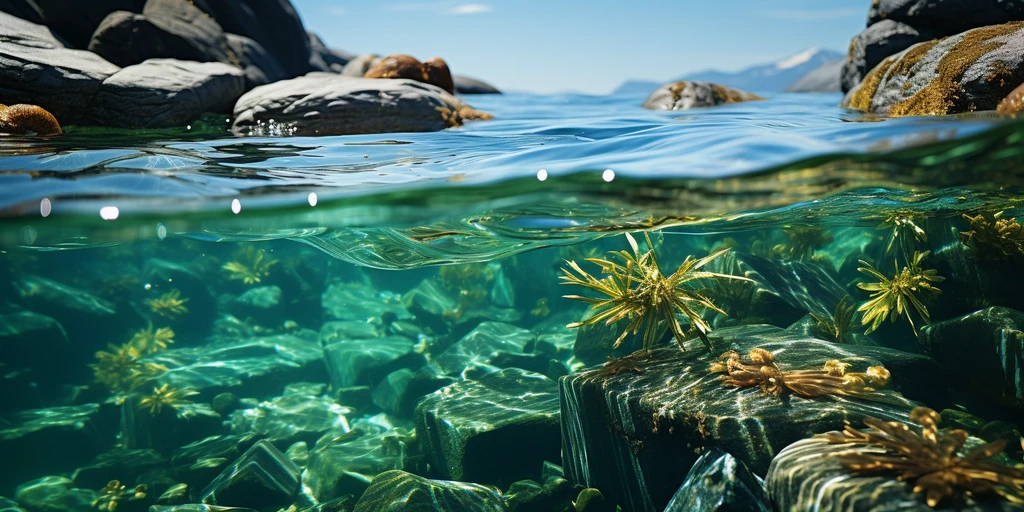politicalphishing.com – The vast expanse of our oceans holds a treasure trove of history, biodiversity, and natural beauty. From ancient shipwrecks to vibrant coral reefs, the marine heritage is a testament to the Earth’s rich past and the intricate web of life that thrives beneath the waves. However, this legacy is under threat from pollution, climate change, and overexploitation. Preserving marine heritage is not just about conserving ecosystems; it’s about safeguarding our past, securing our future, and ensuring that the wonders of the ocean are accessible to generations to come.
The Importance of Marine Heritage
Marine heritage encompasses a wide range of elements, including historical sites, cultural artifacts, and biological diversity. It provides us with insights into past civilizations, the evolution of life on Earth, and the complex interactions within marine ecosystems. Protecting these assets is crucial for scientific research, education, and the cultural identity of coastal communities.
Threats to Marine Heritage
The ocean faces numerous challenges that threaten its heritage. Pollution, including plastic waste and chemical runoff, degrades marine habitats and endangers wildlife. Climate change leads to rising sea temperatures and ocean acidification, which can devastate coral reefs and disrupt marine food chains. Overfishing depletes fish stocks and disrupts the balance of marine ecosystems. Additionally, unsustainable tourism and development can damage sensitive underwater sites and disturb marine life.
Conservation Efforts
To preserve marine heritage, a multi-faceted approach is required. The establishment of marine protected areas (MPAs) helps to safeguard critical habitats and species. International agreements, such as the United Nations Convention on the Law of the Sea (UNCLOS), provide a framework for the sustainable management of marine resources. Local communities play a vital role in conservation efforts, as they often have the most at stake and the most intimate knowledge of the marine environment.
Technology and Innovation
Advancements in technology are aiding in the preservation of marine heritage. Remote sensing and underwater mapping allow for the identification and monitoring of underwater sites. Drones and submersibles enable researchers to explore and document marine environments without causing harm. Genetic studies and DNA barcoding are helping to understand the diversity and relationships of marine species.
Education and Awareness
Educating the public about the importance of marine heritage is essential for fostering a culture of conservation. Schools, museums, and aquariums can play a pivotal role in teaching about the ocean’s wonders and the threats they face. Community outreach programs and citizen science initiatives can engage the public in conservation efforts and build a sense of stewardship for the marine environment.
Conclusion
The legacy of our oceans is a precious inheritance that we must protect for the benefit of all. By understanding the importance of marine heritage, addressing the threats it faces, and implementing conservation strategies, we can ensure that the ocean’s treasures are preserved for future generations. It is our collective responsibility to safeguard the ocean’s legacy and to pass on a healthy, vibrant marine environment to those who come after us.
